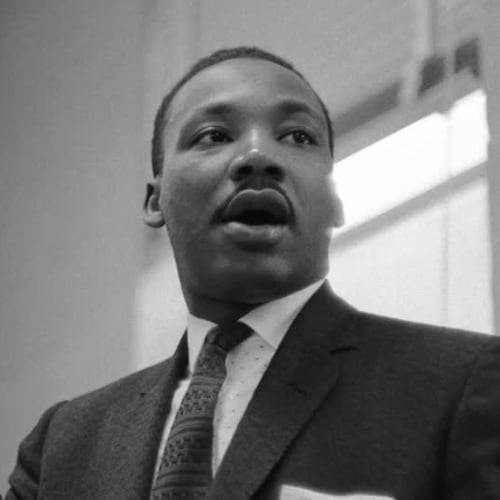There is so much to be said about the “dean of the Civil Rights Movement.” For Atlantans, he’s a local icon. For America, he’s a civil rights legend.
Born in Alabama, Rev. Joseph Lowery spent his life confronting with police, the Ku Klux Klan and even his own neighbors. By 1968 — the year Martin Luther King Jr. was assassinated — Lowery had already established himself as a civil rights leader in Mobile, having battled against segregation in the local bus system. That same year, Lowery was transferred from Birmingham to Atlanta to pastor Central United Methodist Church, starting his Georgia legacy.
As chairman of the board for the Southern Christian Leadership Conference, Lowery would go on to lead his local church while also working his way to the presidency of the conference in 1977.
Lowery would also go on to spearhead the construction of 240 low-income and moderate-income housing units within the city and served as a MARTA board member for over two decades.
After retiring, Lowery continued the fight for civil rights and equality, and was instrumental in changing the Georgia state flag. In 2009, Lowery was awarded the Presidential Medal of Freedom.
Long before his death in 2020, Lowery ensured his fight would continue without him through the Joseph and Evelyn Lowery Institute for Justice & Human Right, which he established in 2001 to “ensure that the nonviolent advocacy of Joseph & Evelyn Lowery, civil rights icons, is passed on to a new generation of change agents.”
“Our mission is to provide a platform for citizens of every walk of life to learn the important principles that underlie nonviolent advocacy,” the nonprofit’s website said. “Central to this mission is a push to provide future leaders and “change agents” with opportunities to explore the moral and ethical imperatives for justice and human rights for all people.”
About the Author
Keep Reading
The Latest
Featured


